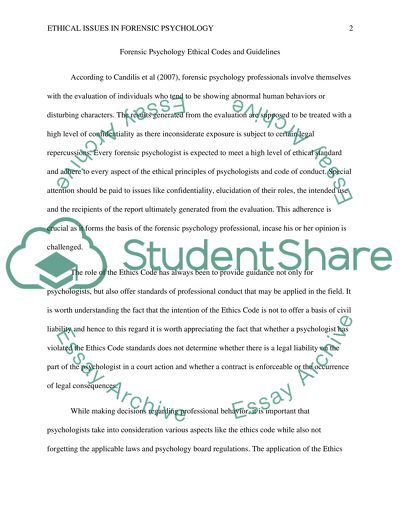Cite this document
(“Ethical issues in forensic psychology Assignment”, n.d.)
Ethical issues in forensic psychology Assignment. Retrieved from https://studentshare.org/psychology/1643371-ethical-issues-in-forensic-psychology
Ethical issues in forensic psychology Assignment. Retrieved from https://studentshare.org/psychology/1643371-ethical-issues-in-forensic-psychology
(Ethical Issues in Forensic Psychology Assignment)
Ethical Issues in Forensic Psychology Assignment. https://studentshare.org/psychology/1643371-ethical-issues-in-forensic-psychology.
Ethical Issues in Forensic Psychology Assignment. https://studentshare.org/psychology/1643371-ethical-issues-in-forensic-psychology.
“Ethical Issues in Forensic Psychology Assignment”, n.d. https://studentshare.org/psychology/1643371-ethical-issues-in-forensic-psychology.


